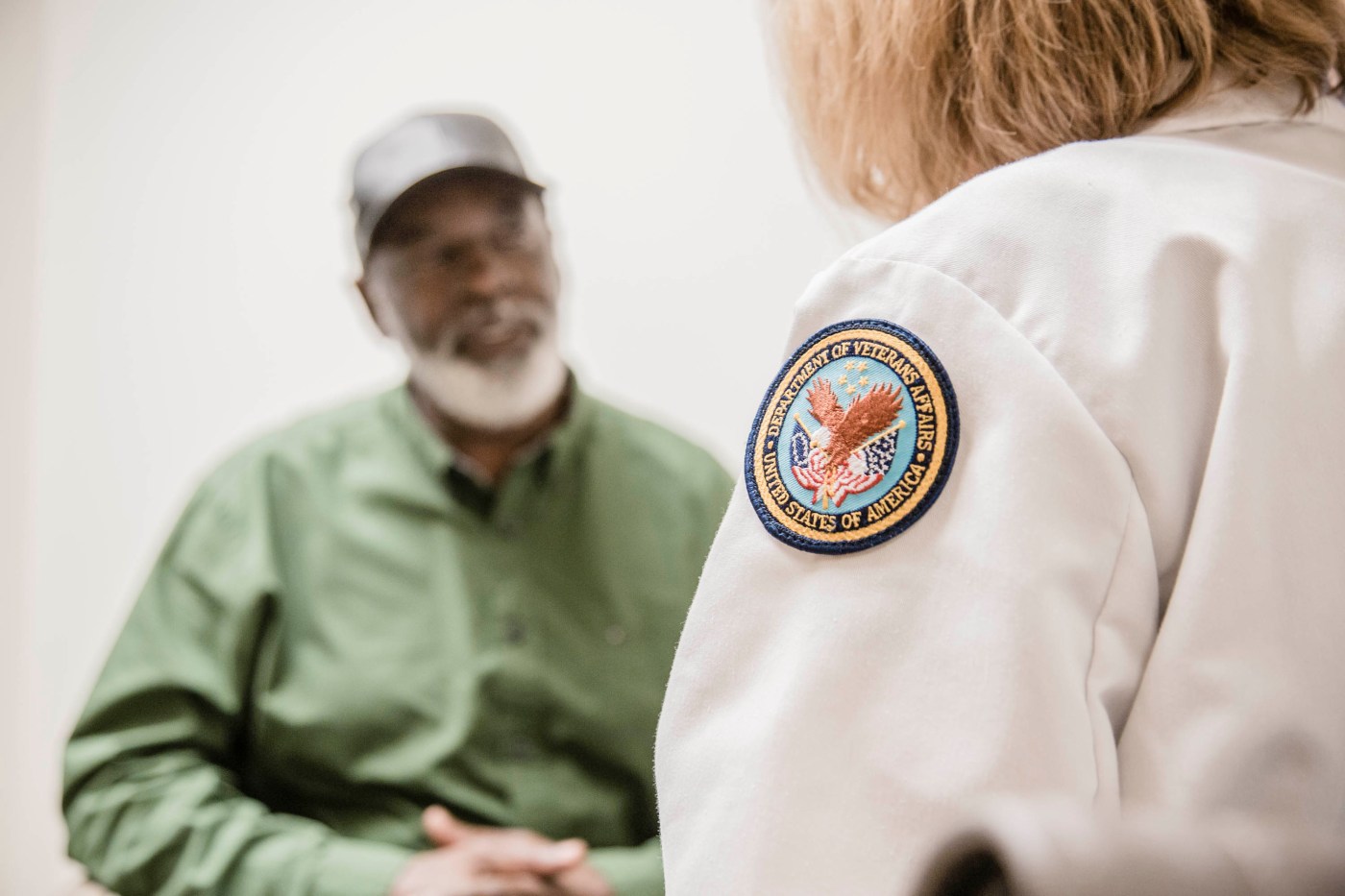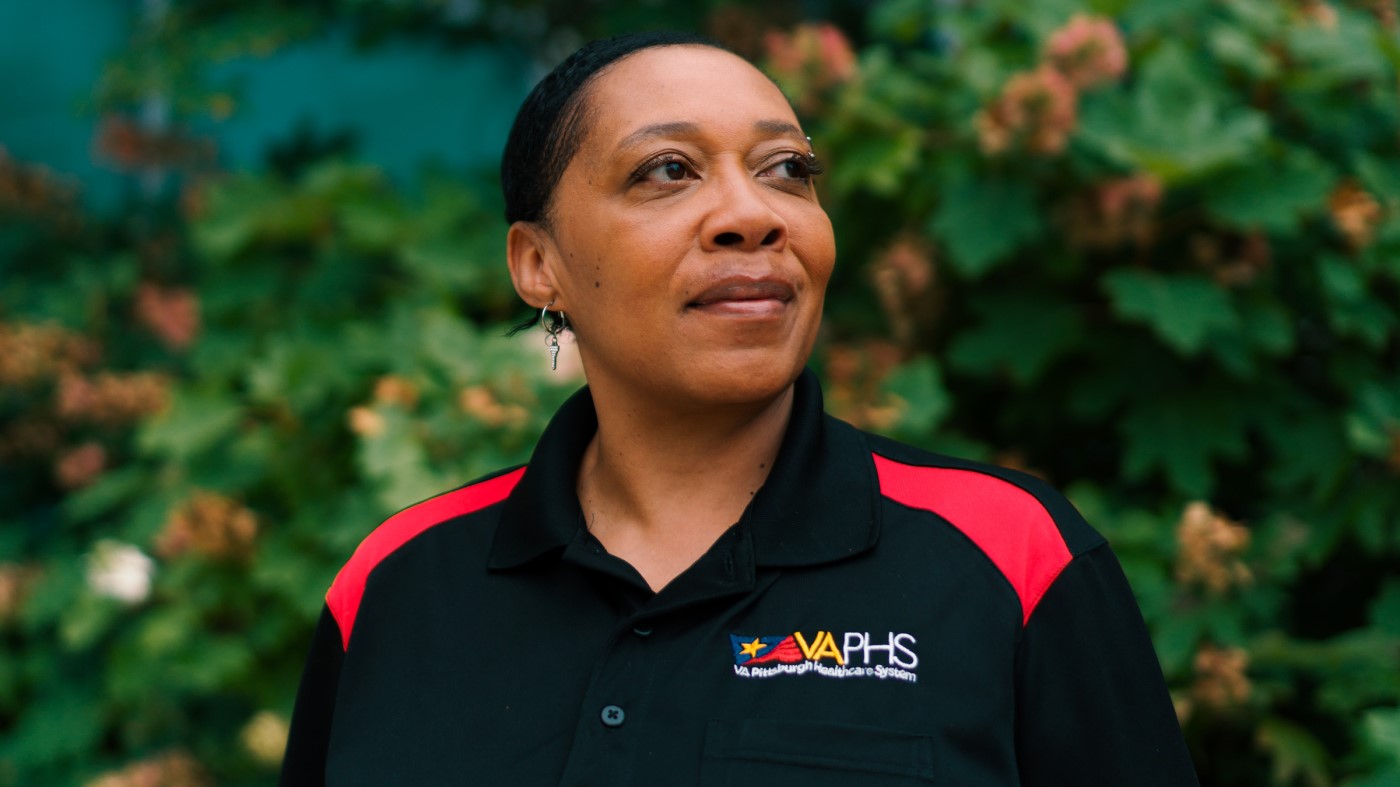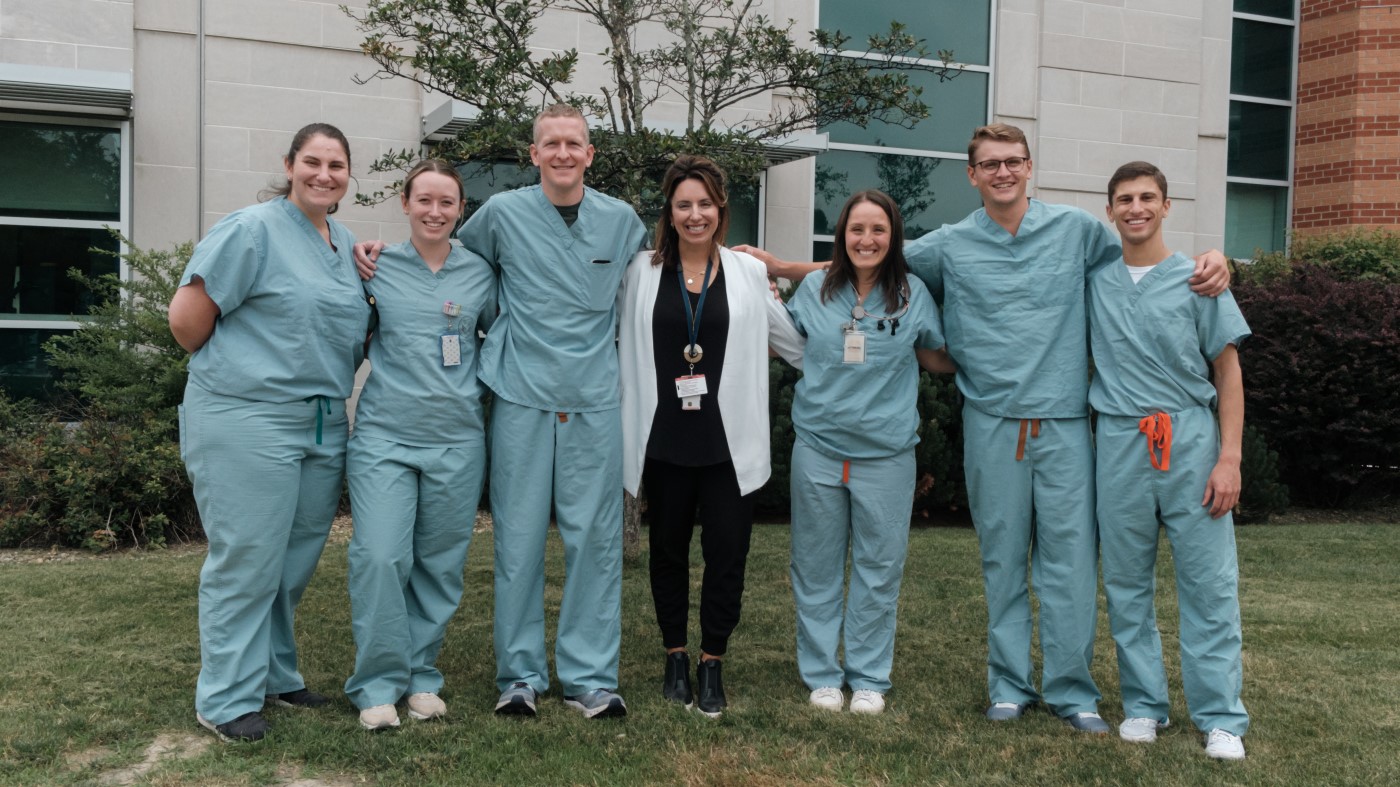Ongoing treatment, especially for those dealing with long-term illness or health issues is a priority at Department of Veterans Affairs. With VA’s integrated model of care, VA health care providers can collaborate on a patient’s care and find the best path forward in improving quality of life. This team approach is helpful for a number of current initiatives, including those in place for long-term care plans.
One of these current initiatives is addressing the Hepatitis C epidemic, which affects 1% of the general population, and 4.8% of the Veteran population. But healing Veterans with Hepatitis C can be difficult. Many patients live with the illness, unaware they have the infectious disease, and the traditional forms of treatment can be time consuming, often with many side effects. But thanks to VA dedicating resources to a new class of injection-free medication and aggressive treatment plans, VA is seeing almost 100% of patients cured in as little as 8 weeks.
Another proactive program developed by VA is MOVE!, a weight management and health promotion program designed to help Veterans eat healthy and stay active. This program began in 2015 after it was discovered three quarters of Veterans receiving care were considered to be overweight or obese. Since then, MOVE! has helped provide health screenings, educational programs, activity trackers and nutrition calculators for Veterans looking to maintain a healthy weight.
These are just a few of the many proactive programs VA currently has in place to treat Veterans dealing with chronic health issues. Overseeing ongoing treatments takes a dedicated staff to build relationships with patients, collaborate with colleagues, and ensure long-term care is maintained. From Nurses to Physicians, patient care coordinators and more, VA’s integrated model of care is vital to successfully bettering quality of life and finding a cure for our Veterans.
If you’re ready for a career in treating our nation’s Veterans, visit vacareers.va.gov today.
Topics in this story
More Stories
If you’re looking for an opportunity to provide care to Veterans outside a traditional clinical setting, Home Based Primary Care (HBPC) is a great option.
A key part of your job search is finding the right fit for you and your skills, and workplace culture can impact that dramatically.
VA offers numerous pathways into mental health careers, including scholarship opportunities for college students. Learn more.







As a disabled Veteran I appreciate everything the VA does for us. That being said, I wish they could make the compensation process more fair and easier to get. I had to quit my job paying $65,000 annually to get off of working with tools because of my hand. Now I make $35,000 annually with bills from a life style I earned and was used to at $65,000 annually. If the VA would pay me at 100% rather than 50% rating, I may not have to sell almost everything I own. I’m praying I don’t have to sell my house. I’d like the medical board who makes these decisions to take a 50% annual salary pay cut so they can see how it affects their lives and maybe they’ll understand why some veterans give up and quit caring about their life.